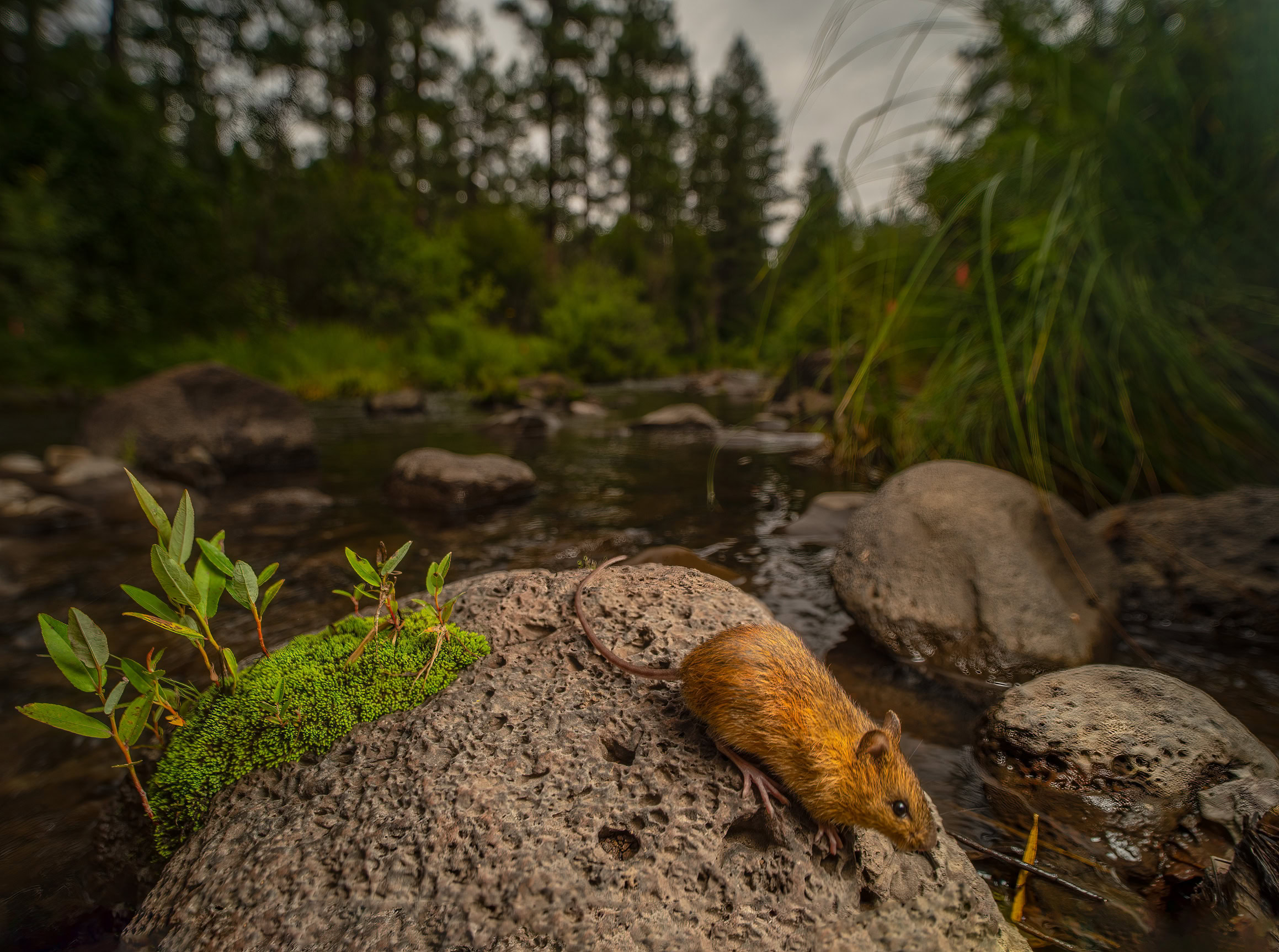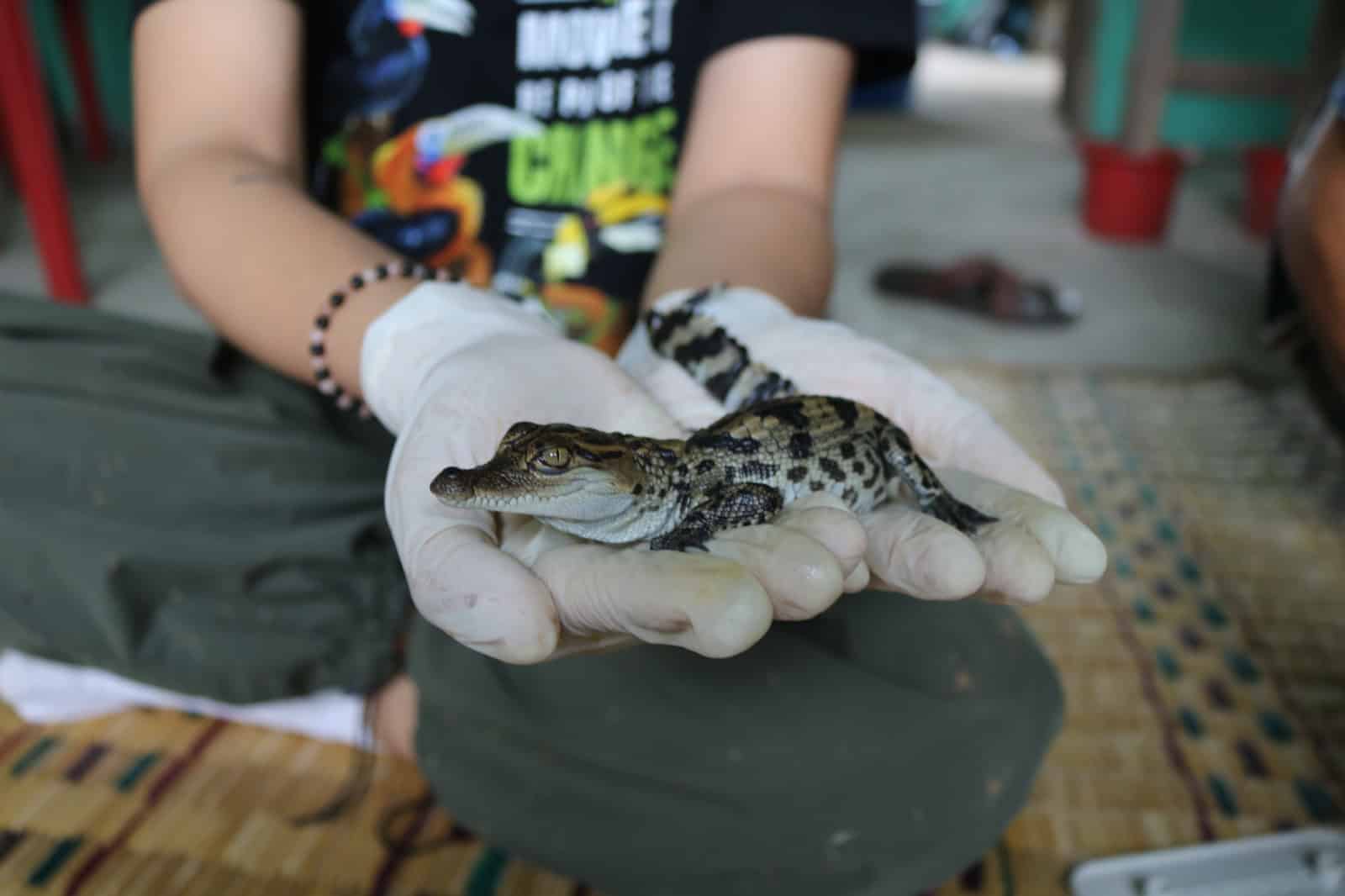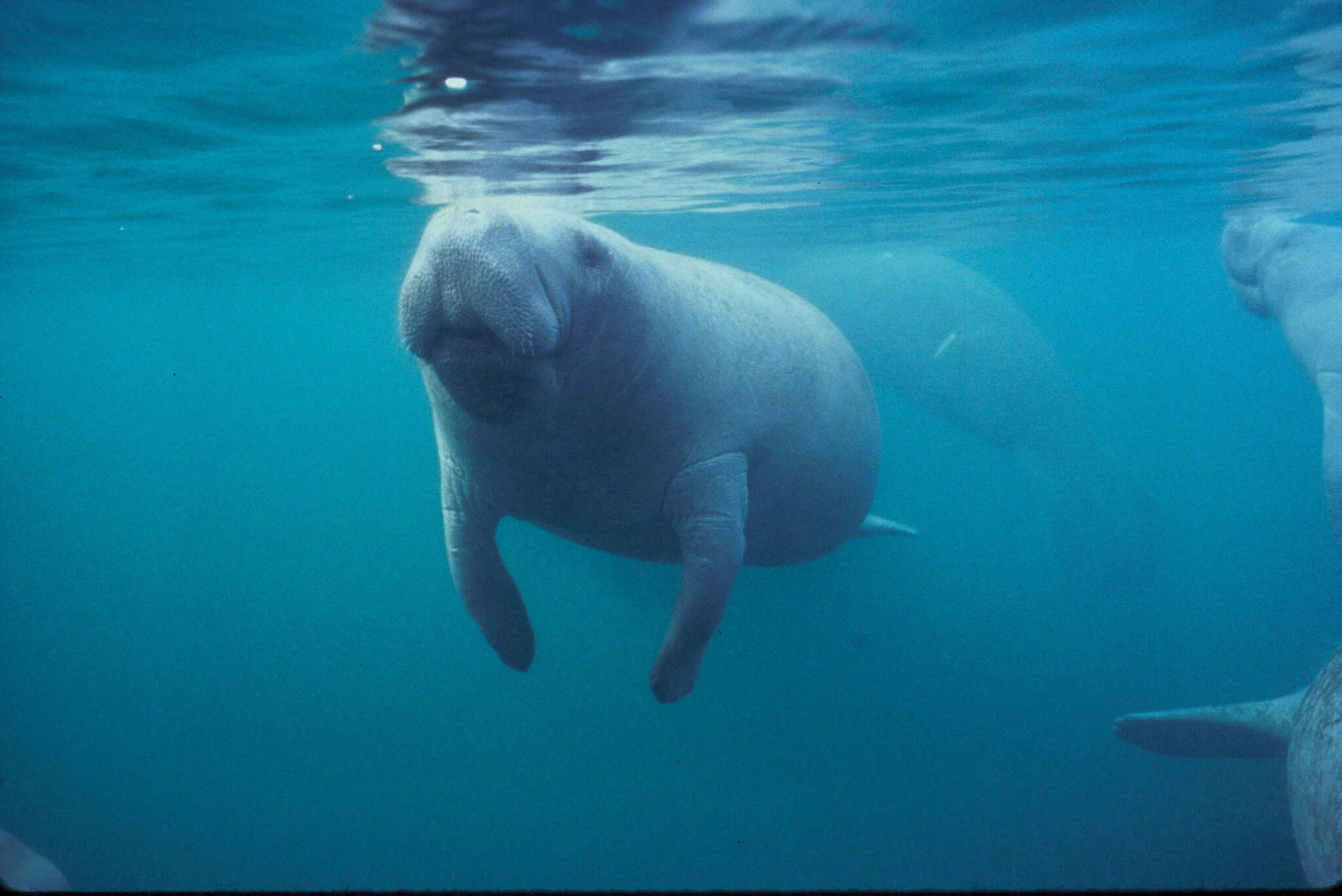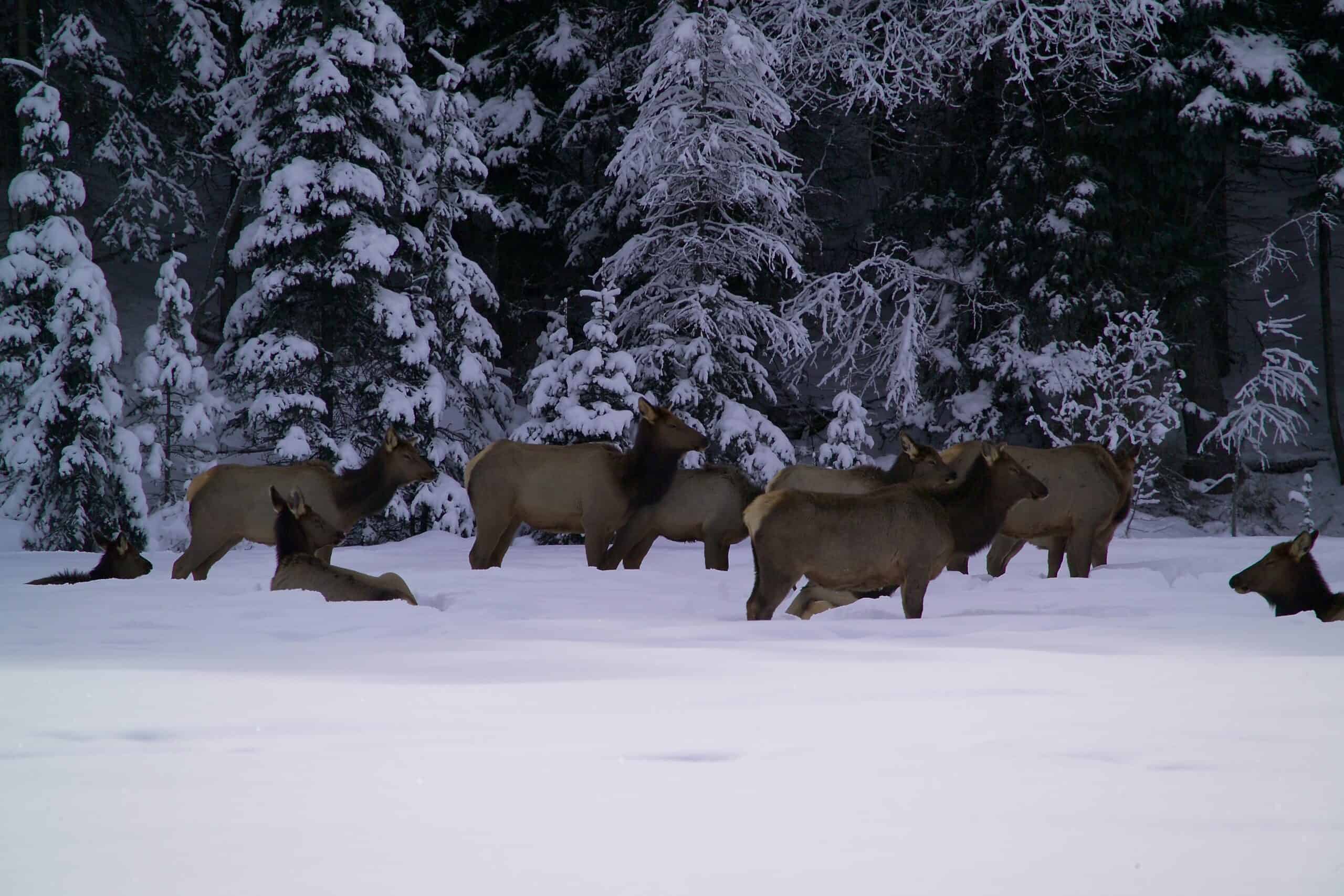
The ‘Big Wild’ in Michigan just got bigger
Almost 9,000 acres of land purchased for public use in Michigan
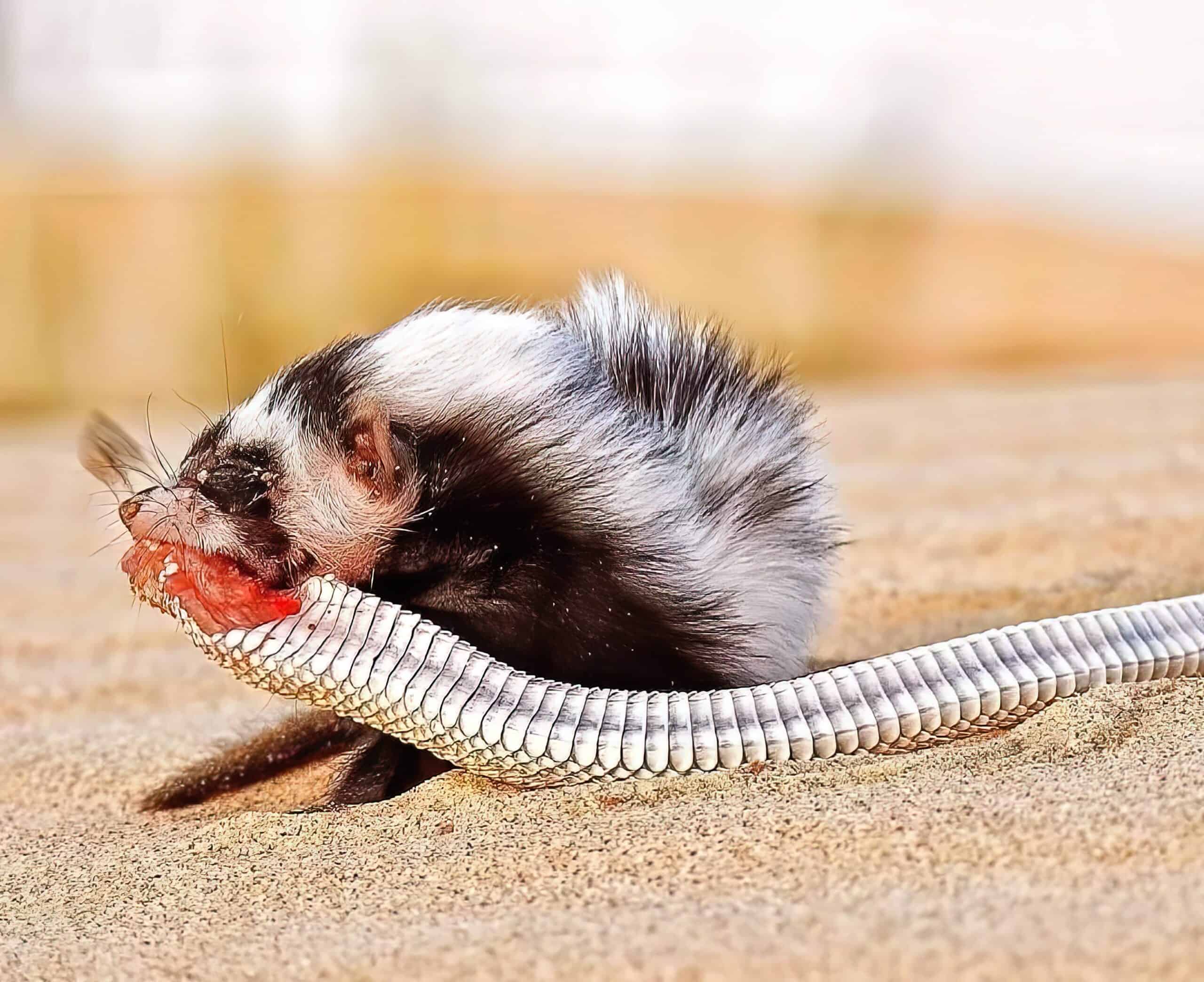
The December issue of WSB is now available
Articles deal with thermal drones for wild pig management and using eDNA methods to detect river otters
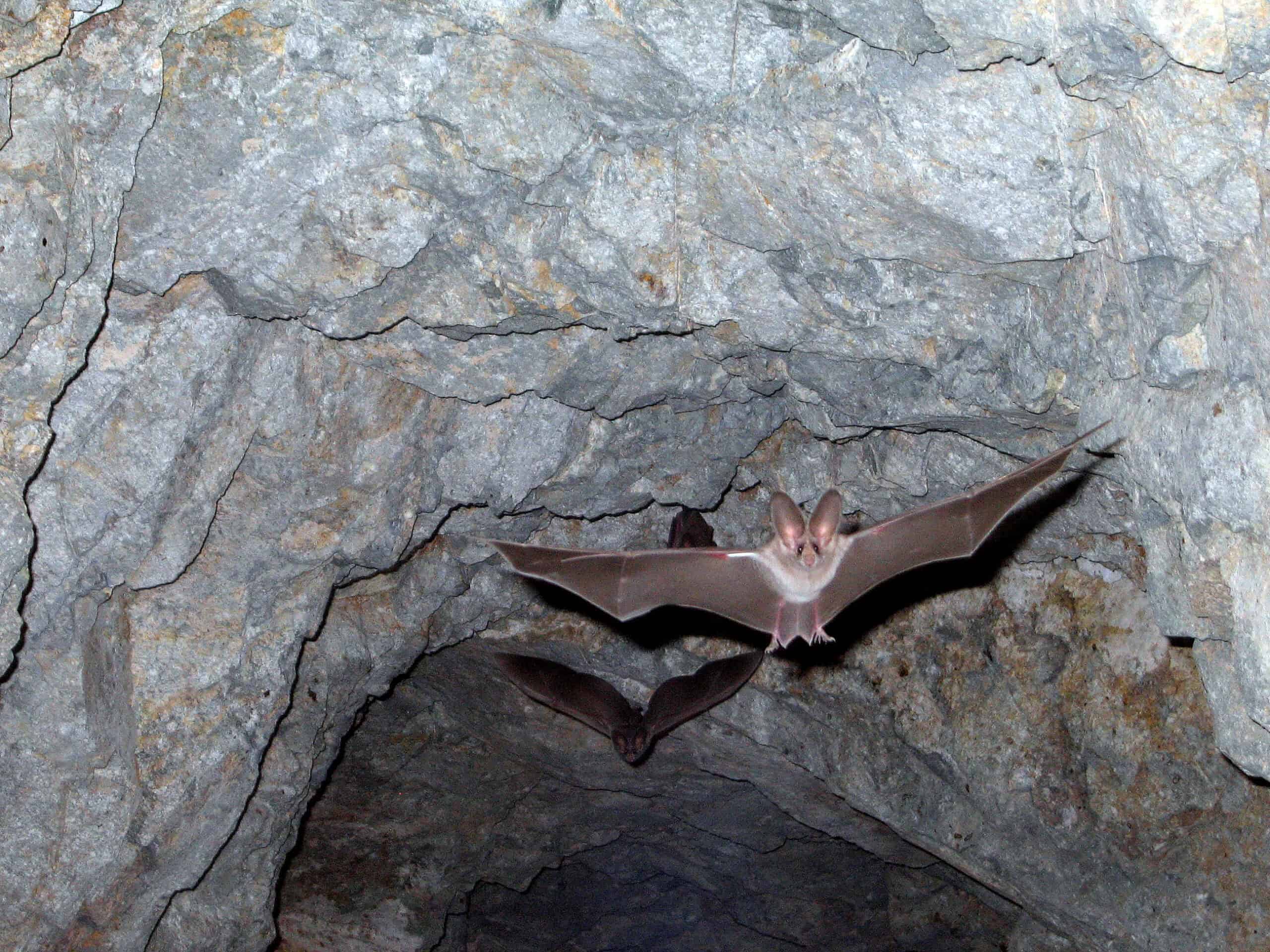
Parks service reports first case of WNS in Nevada
The deadly fungal disease continues to spread westwards

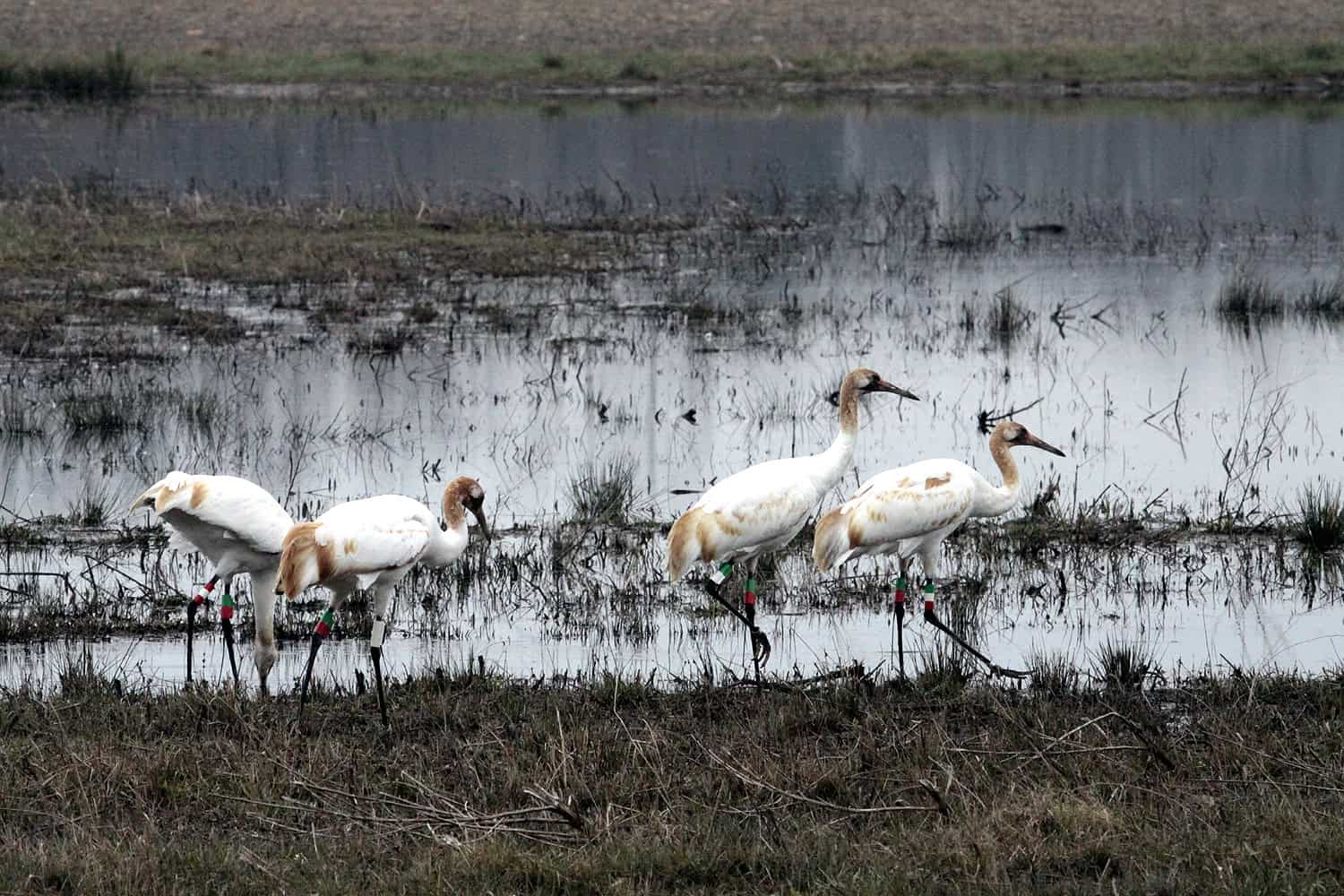
The top viewed TWS journal articles in 2025
Bird flu, bear management, tools and Indigenous knowledge were on the top of wildlife managers’ minds this year
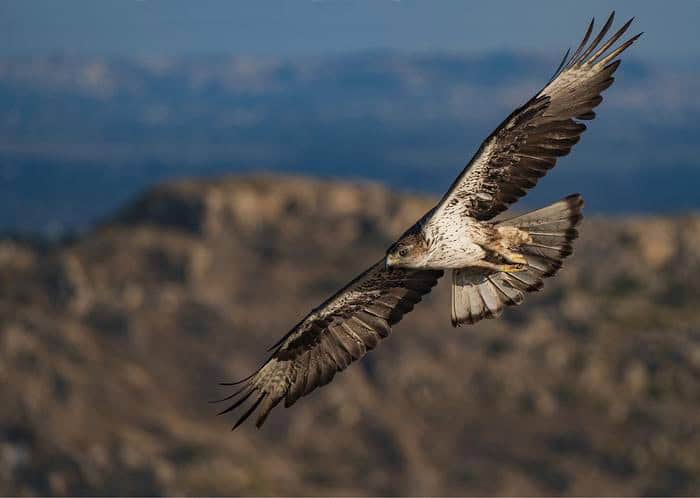
COVID caused boom in eagle population
Bonelli’s eagle populations have experienced a boom in parts of Spain
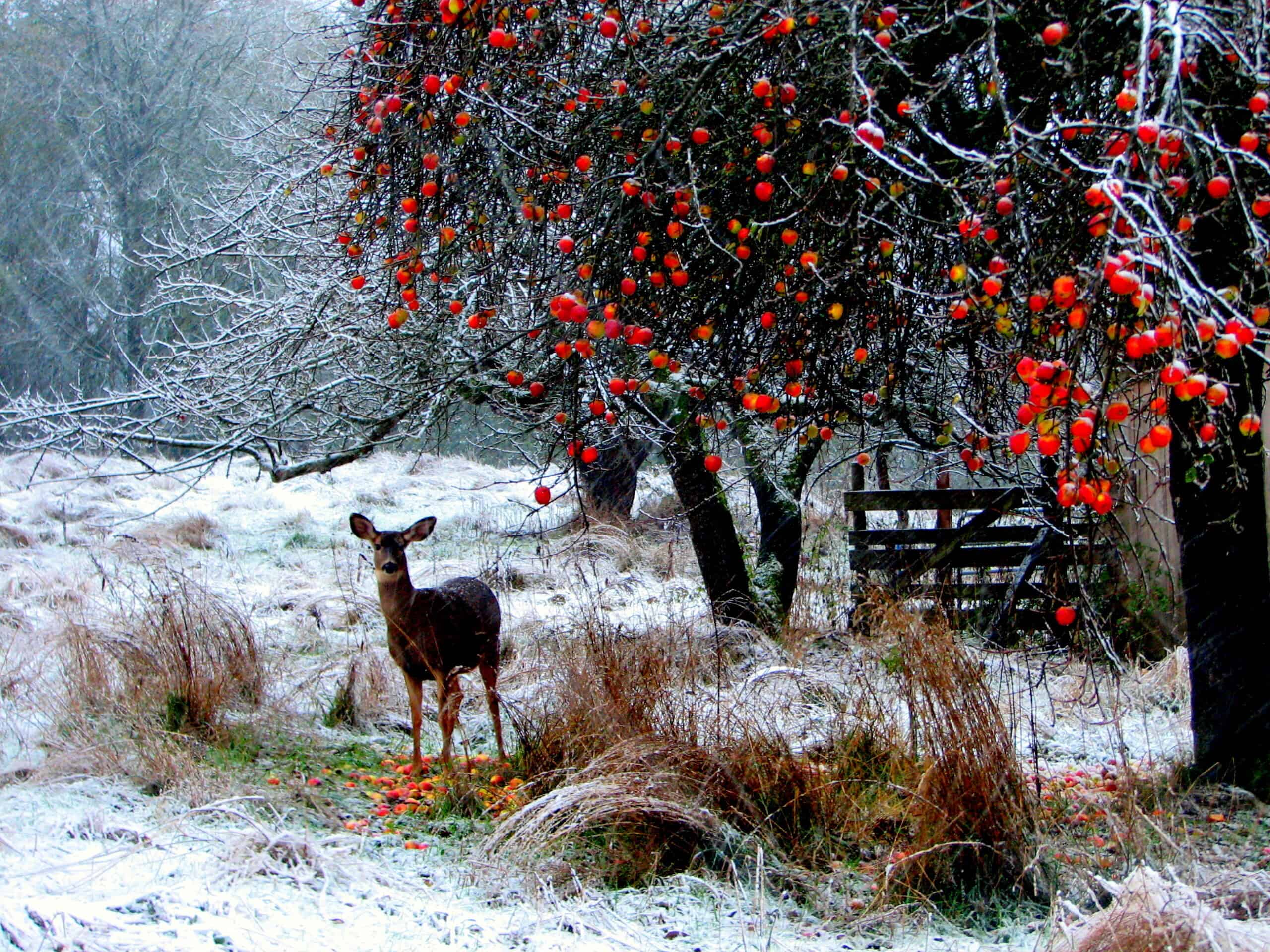
Congress seeks permanent funding for wildlife crossing
New legislation would authorize national investments in fences, overpasses and underpasses

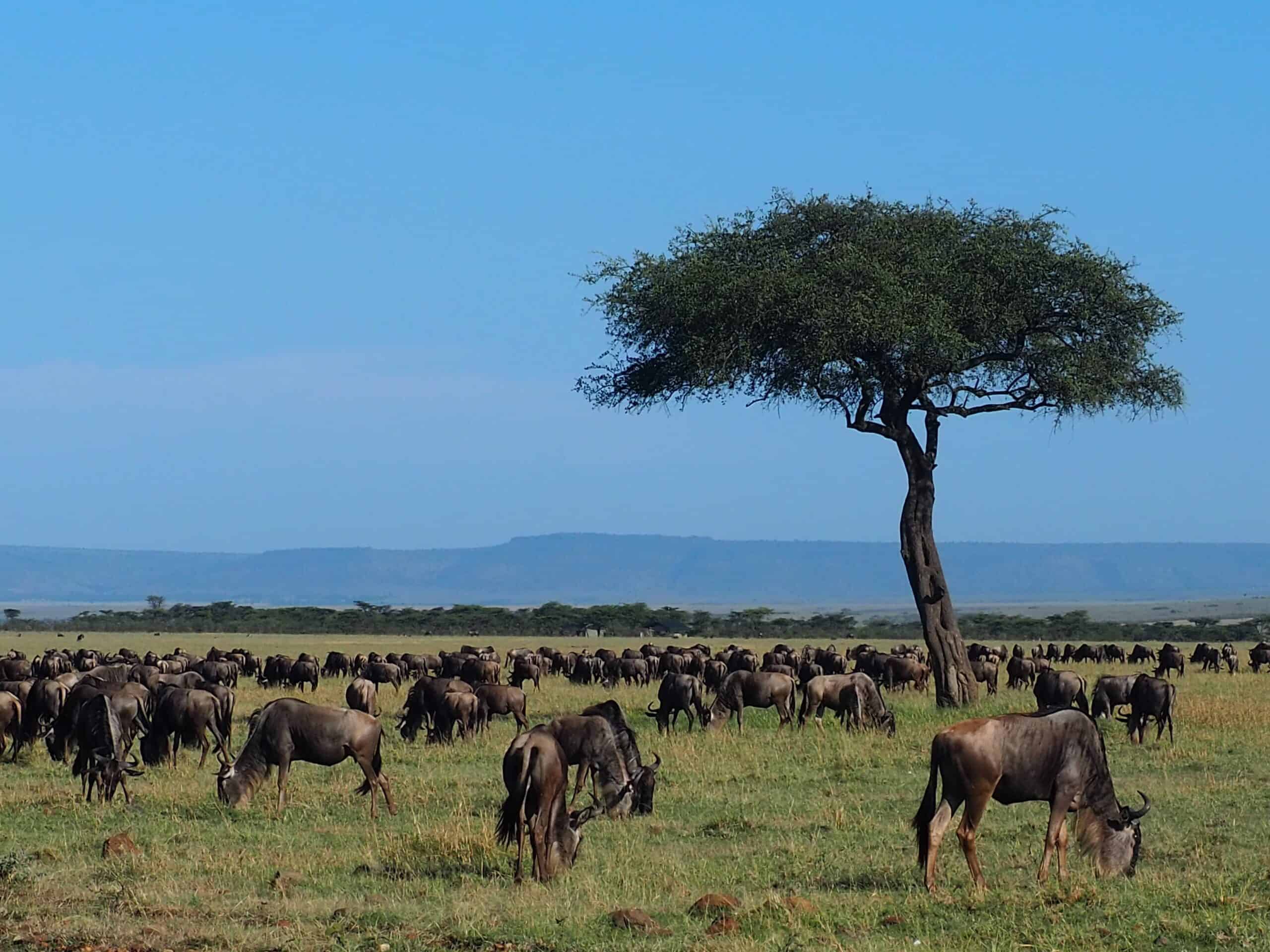
Wildebeest migration is collapsing in Kenya
Fences and other barriers are affecting connectivity for ungulates in the northern Serengeti
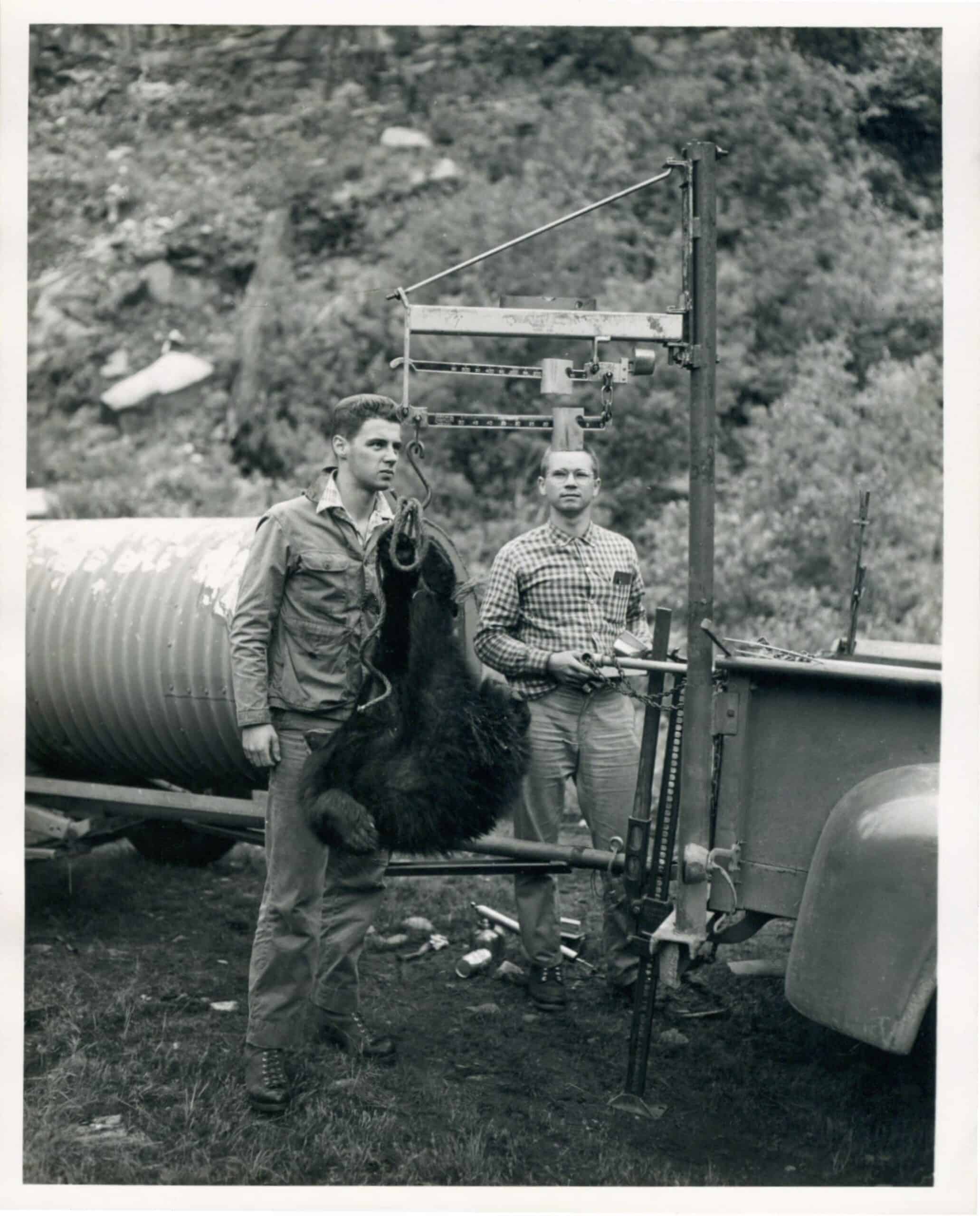
LISTEN: Cliff Bampton recounts a lifetime of wildlife management
From failing student to conservation chief
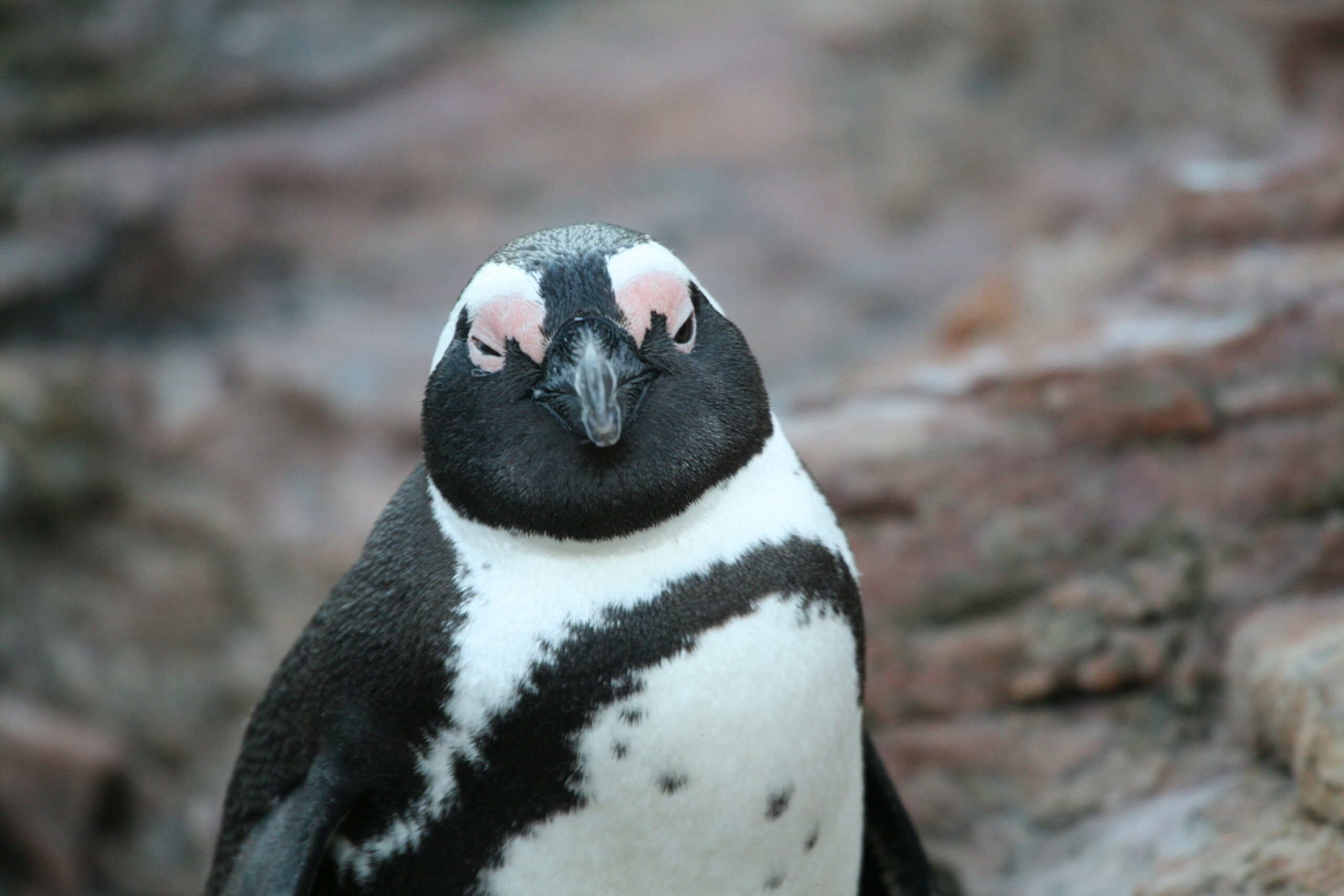
More than 60,000 penguins starve to death in South Africa
Following sardine stock collapse from overfishing and the climate crisis, penguins have nothing to eat




